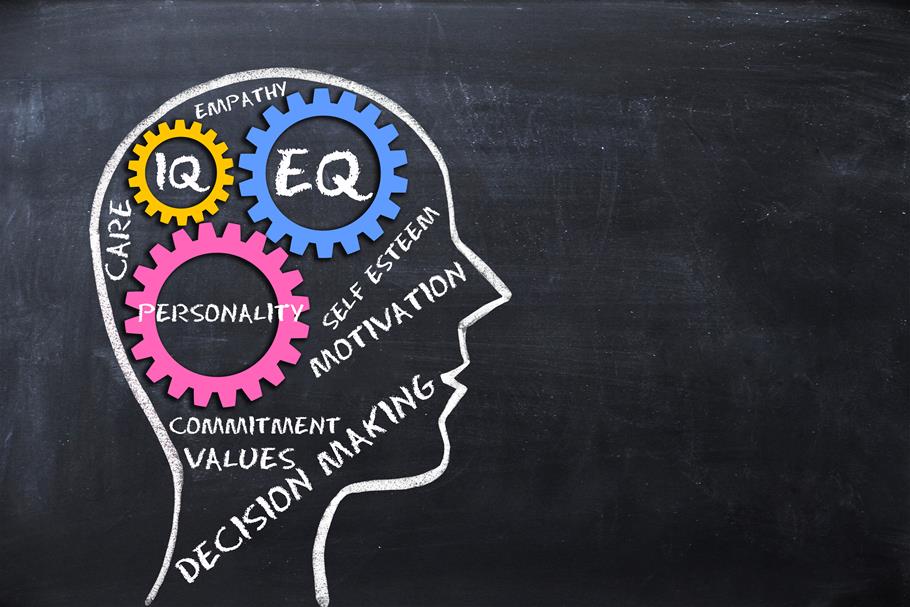Is IQ Important?

The question of whether IQ is important is a complex one, as it often depends on the individual and the context. An IQ score can provide useful information, but it is not always essential or even fully representative of a person’s capabilities. Intelligence, as measured by IQ, is influenced by a variety of genetic, environmental, and lifestyle factors, including:
- Parental IQ and Genetic Inheritance: A significant portion of IQ is heritable, passed down from parents to children.
- Parenting Style and Early Stimulation: Engaging, supportive, and nurturing parenting can significantly impact cognitive development.
- Nutrition: Proper nutrition during critical growth periods, including prenatal and early childhood stages, plays a key role in brain development.
- Education and Learning Opportunities: Access to quality education and resources helps to develop intellectual skills and cognitive abilities.
- Socioeconomic Factors: A stable and enriching environment, free from chronic stress, allows the brain to thrive.
- Physical Health and Exercise: Regular physical activity supports neuroplasticity and overall brain function.
While an IQ score can offer some insights into cognitive ability, it’s important to recognize that intelligence is multi-faceted. There are many ways to enhance IQ and improve brain function, such as:
- Constantly learning new things
- Reading regularly
- Learning new languages
- Engaging in physical exercise
- Maintaining proper nutrition
These activities can help develop cognitive skills, regardless of an individual’s baseline IQ.
Related article: A Practical Guide to Improving Your IQ and Brain Function
The Relationship Between IQ and Success
People with high IQs often excel in school, tend to earn higher incomes, and generally enjoy better health. However, IQ scores do not always predict success in life. Intelligence is only one piece of the puzzle; other factors, such as creativity, motivation, and emotional intelligence, play significant roles.
For instance, someone who is highly intelligent but lacks motivation or perseverance may achieve less than a person with average intelligence who works hard and seizes opportunities. Similarly, individuals with high IQs but high levels of anxiety may underperform on tests or in stressful situations, masking their true potential.
Conversely, people with low or average IQs often excel in other areas. Many talented musicians, artists, and actors thrive not because of a high IQ, but due to their creativity, passion, and dedication. These examples highlight the limitations of relying solely on IQ as a measure of potential.
Other Factors That Influence Success

Experts agree that elements beyond IQ are critical for achieving success in life. Social and emotional intelligence, for example, are crucial for navigating relationships and building networks. Ambition, motivation, and resilience also play a key role in determining how far a person can go.
Opportunities and environment are equally important. Access to quality education, supportive mentors, and a nurturing upbringing can significantly impact outcomes, regardless of IQ. It’s worth noting that people with lower IQs who take advantage of these factors often achieve remarkable results.
Misconceptions About IQ
There are several misconceptions surrounding IQ scores. One common myth is that they are a definitive measure of intelligence or potential. In reality, IQ tests assess specific cognitive abilities, such as problem-solving, logic, and memory, but they don’t capture the full spectrum of human intelligence.
Another misconception is that IQ is fixed and unchangeable. While genetic factors do influence IQ, environmental factors and lifestyle choices can also shape cognitive abilities. Activities like learning new skills, engaging in creative pursuits, and maintaining a healthy lifestyle can all contribute to cognitive growth.
The Takeaway
IQ tests are valuable tools for understanding certain aspects of intelligence, but they are not the sole determinant of success. Many other factors, such as emotional intelligence, creativity, and perseverance, play a vital role in shaping an individual’s life path. Most importantly, people have the capacity to learn and grow, regardless of their IQ score.
In the end, the question isn’t whether IQ is important—it’s about recognizing that intelligence is multifaceted and that success depends on a combination of factors, both internal and external. By focusing on lifelong learning, self-improvement, and seizing opportunities, individuals can unlock their full potential, regardless of where they start.
More useful resources:
» Einstein's IQ: The Genius Behind the Numbers» IQ Test for Kids
» Exercise Enhances Intelligence in Kids and Teens: A Key to Smarter, Healthier Futures
» IQ Scores Experience Unprecedented Decline: An In-Depth Analysis
» What is Mensa?
» What Is the Highest IQ Ever Recorded?